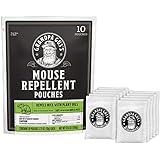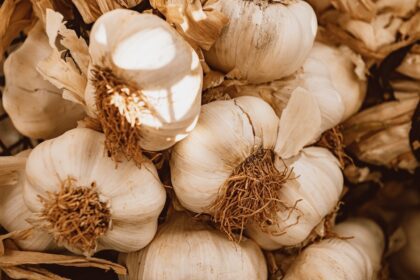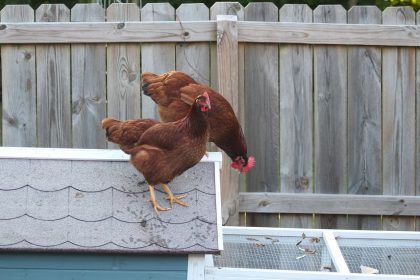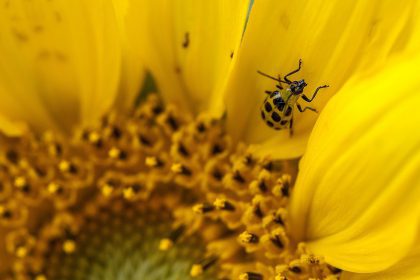Protecting plants from squirrels can be a challenging task due to their climbing abilities and persistent foraging habits.
There are several strategies you can employ to protect your plants from squirrels. One effective method is to create physical barriers around your plants using fences, netting, or mesh enclosures. These barriers should be sturdy and secure to prevent squirrels from accessing the plants. Additionally, you can use natural or commercial squirrel repellents, such as spicy sprays or predator urine, to deter the animals from approaching your plants. Applying these repellents according to the instructions and reapplying them after rainfall can be helpful.
Using squirrel-proof containers for potted plants is another effective approach. Opt for heavy ceramic or metal pots with secure lids or covers, making it difficult for squirrels to dig or access the plants. Another technique is to place tin foil around the base of the plants. The reflective surface of the foil can startle and deter squirrels from getting too close.

Similarly, providing squirrel-proof bird feeders can divert their attention away from your garden plants. It’s important to select plants that are less appealing to squirrels, as some scents or tastes may discourage their interest. Researching squirrel-resistant plant varieties and incorporating them into your garden can help protect your plants.
Employing scare tactics is another option. Hanging reflective objects like aluminum foil strips or old CDs near the plants can create a visual deterrent for squirrels. The flashes of light and movement caused by the foil can startle them and discourage them from approaching the plants. Additionally, installing wind chimes or motion-activated devices that emit high-frequency sounds can further startle the squirrels and discourage them from approaching the plants.
Regular pruning of tree branches that provide easy access to your garden can make it more difficult for squirrels to reach your plants. Keeping your garden tidy and free of fallen fruits, nuts, or seeds is essential, as these can attract squirrels. Regularly clean up and remove any potential food sources that might entice them into your garden.
It’s important to note that no method is foolproof, and squirrels can be resourceful. Employing a combination of these strategies and staying persistent in your efforts can increase the likelihood of protecting your plants from squirrel damage. Adapt your approach as needed to find the best solution for your specific situation.










